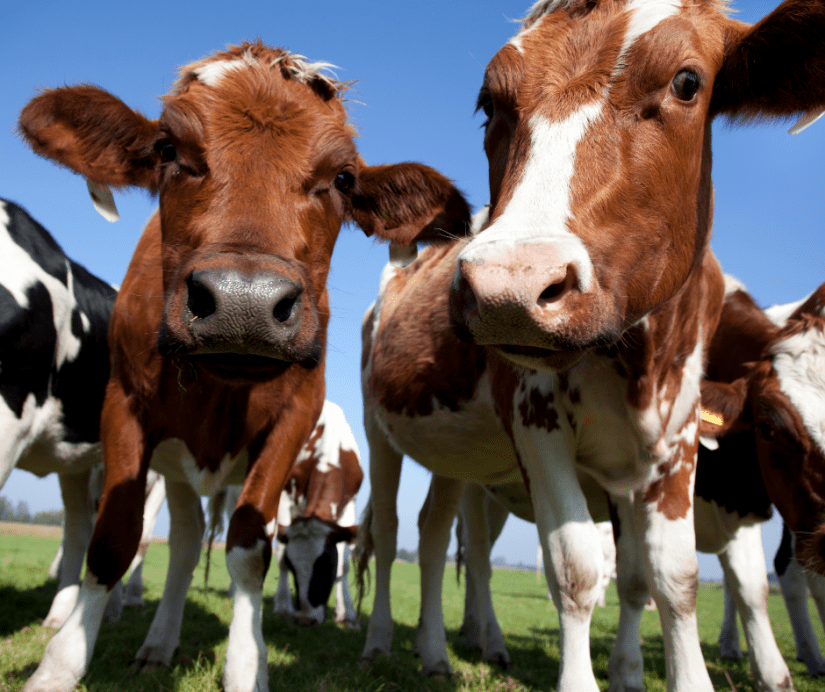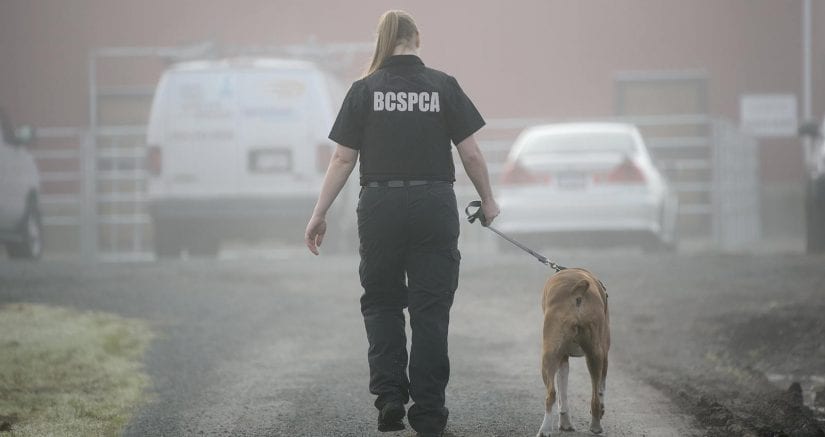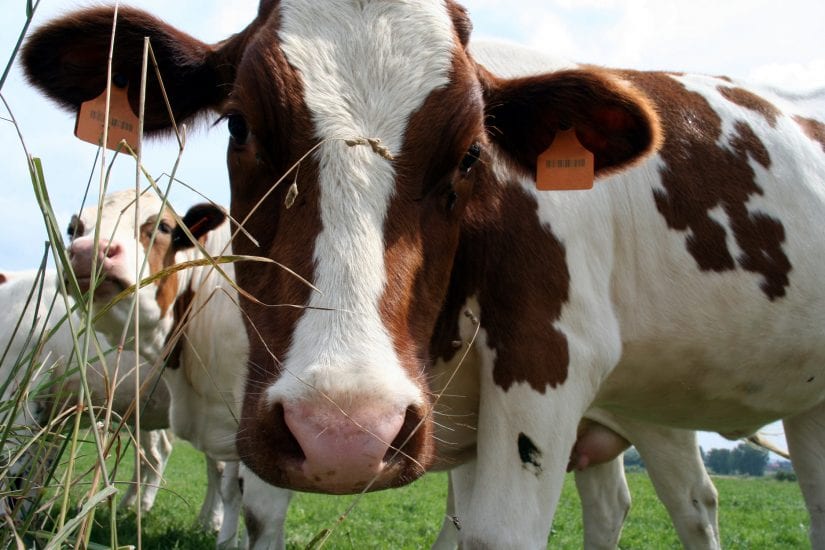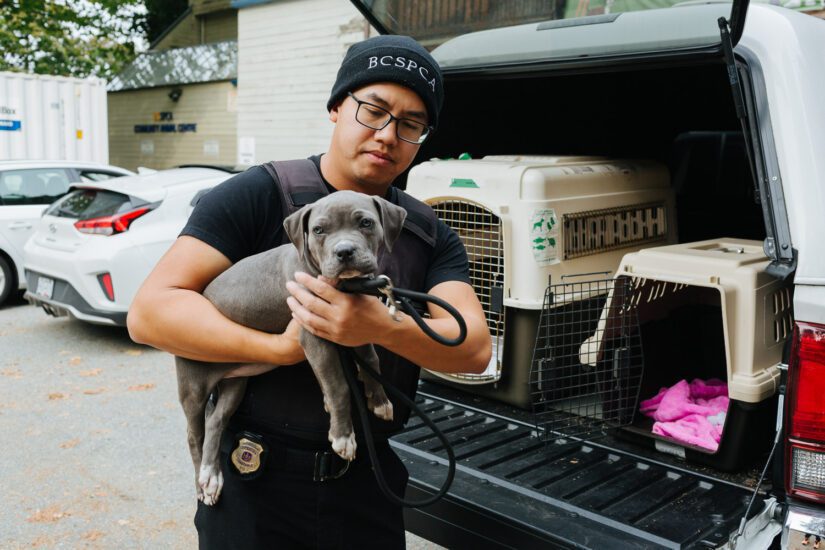Animal protection
B.C.’s Prevention of Cruelty to Animals Act (PCA Act) outlines generally accepted practices of animal management as a reason by which distress is legally acceptable.
Generally accepted practices of animal management are ways of handling or caring for animals that are commonly used by those responsible for them. Sometimes these practices still cause pain, suffering and distress to animals. If the practices haven’t been written down in any official document, it is up to experts like veterinarians and leaders in the relevant industry (such as animal farming, sled dogs, animal breeding or horse racing) to give expert testimony in court when there is an animal neglect or cruelty case.
Animals are better represented when practices are written and agreed to by a committee of experts that includes animal welfare experts. We call these documents ‘standards’ or ‘Codes of Practice‘. In Canada, the National Farm Animal Care Council coordinates the development of the Codes of Practice for the care and handling of farm animals. The Codes of Practice are nationally developed guidelines that serve as our national understanding of animal care requirements and recommended practices.
In 2019, the Codes of Practice were included in provincial law – through the adoption of the Animal Care Codes of Practice Regulation under the PCA Act. This means that the Codes of Practice for some industries now serve as the minimum standard for what is considered to be a ‘reasonable and generally accepted practice’ of farmed animal care in B.C.
For example, science shows that castrating (neutering) cattle is painful at any age. However, the Code of Practice only requires farmers to use pain control on animals over six months of age. Despite the fact that castrating without pain control causes pain and distress, farmers cannot be charged with animal cruelty for this distress because this is a ‘generally accepted practice’.
In order to better protect animals, it is important to continue to strengthen standards and Codes of Practice, so that generally accepted practices better align with science and societal values of how we should treat animals.
Read more about laws for farmed animals.

The Prevention of Cruelty to Animals Act (PCA Act) is the provincial animal welfare legislation that outlines required standards of care. The BC SPCA was created under the auspices of the PCA Act, and that’s what gives it the power to investigate and take action on animal cruelty cases. It also details the BC SPCA’s constitution and powers of inspection and enforcement.

The BC SPCA is the only animal welfare organization in B.C. with the authority to enforce laws related to animal cruelty. In 2008, we successfully campaigned for amendments to the Act that significantly increased protection for abused and neglected animals in B.C.
We continue to propose and support amendments to strengthen the Act. For example, in July 2015, the B.C. Ministry of Agriculture announced a new regulation to adopt the Codes of Practice for the Care and Handling of Dairy Cattle into the PCA Act, specifically outlining what is considered a ‘generally accepted practice’. The inclusion of the Codes complemented our work with the BC Dairy Association, the BC Milk Marketing Board and the dairy industry to improve the welfare of dairy cattle.

In February 2017, the BC SPCA applauded the government of B.C’s move to target irresponsible dog and cat breeders. The proposed amendments to the PCA Act would enable the B.C. government to regulate commercial breeders through either a registration or licensing system that will help ensure commercial cat and dog breeders are treating animals with the respect and care they deserve.

